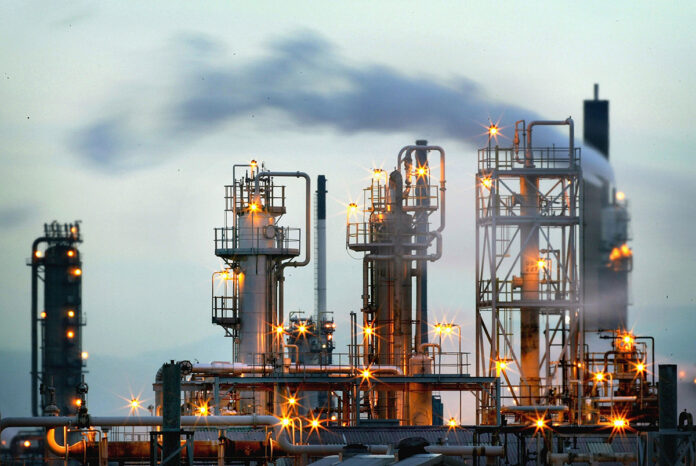Refineries in Pakistan are worried after the government did not come good on an apparent verbal agreement to reduce turnover tax, according to a local media report.
The government on Wednesday, June 29, passed the finance bill 2022-23, but according to the media report, the oil industry sources felt there were no significant incentives given to the industry despite assurances by the government.
Profit would like to add..
It has been reported that during a meeting between the Finance Minister Miftah Ismail and representatives of the oil sector, Ismail had verbally “agreed” to reduce the turnover tax from 0.75% to 0.5% for oil marketing companies and refineries.
This was supported by a letter sent by the Oil Companies Advisory Council (OCAC) in the last week of May this year highlighting the fact that the government should revisit the turnover tax given the desperate situation.
The government, however, was reluctant to implement these changes completely given the ambitious revenue targets in the new budget. It has reduced the tax to the prescribed level for oil marketing companies, however, refineries haven’t received a similar form of relief as the turnover tax remains at 0.5%.
The proposal to incentivize local refineries comes amidst a time when the global energy situation is extremely volatile, and has caused the government to rack up a huge import bill for fuel.
According to a report published by AKD securities, around US$10.0 billion worth of refined goods were imported by Pakistan during 11M FY2021-22, a startling 126% increase from the same period as the previous year. Refined volumes increased by 26.3% for the same period, while most of the rise can be linked to rising oil prices globally. Contrarily, the value of crude imports was US$4.8 billion.
It should be noted that refined products inherently cost more than crude, or unrefined products. For example, the global prices of Mogas and diesel, which are refined products, are hovering around US$150 and US$170 per barrel respectively. Meanwhile, the price of crude (Arab Light) is around US$110 per barrel.
However, despite this disparity, the government only managed to increase the refinery utilization by 57% in 10M FY 2021-22. This means Pakistan is spending more money in the foreign energy markets on refined products instead of buying cheaper crude and refining it locally.
Based on 9M FY2021-22 data from the same report Pakistan presently satisfies 63% of its diesel demand, 52.5% of its furnace oil (FO) demand, but just 26% of its Mogas need through local refineries.
Some experts say the need for refinery upgrade is one of the main causes of decreased Mogas output. However, most refineries are waiting for regulatory incentives in the form of the much-delayed “Refinery Policy” before committing to upgrades.
Some believe that the proposed turnover tax cut would have been a timely incentive for the sector, because it would not only provide much-needed financial space to the companies, but also provide the government with an opportunity to reduce its reliance on imports by encouraging upgradation and capacity utilization.

























Nice Blog & Posting Much Thanks!
The Kings Town is the endeavor of Al Kabir Developers. It is built, improved, adequacy and moderate. Over the latest few years, the Kabir Town Process I was a victory. The association has cut its strength for private and corporate necessities as the most required objective.